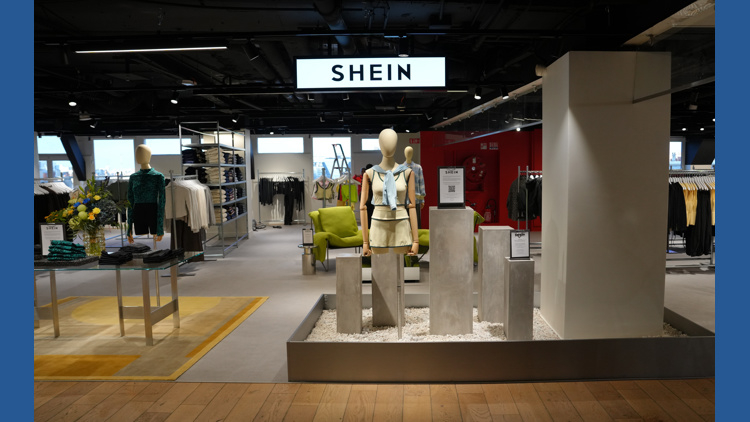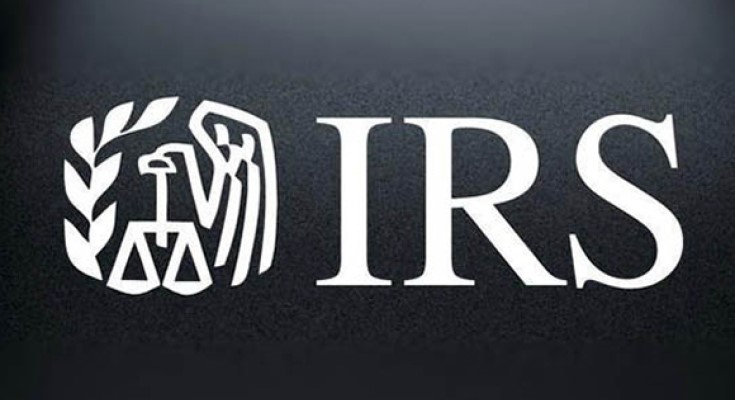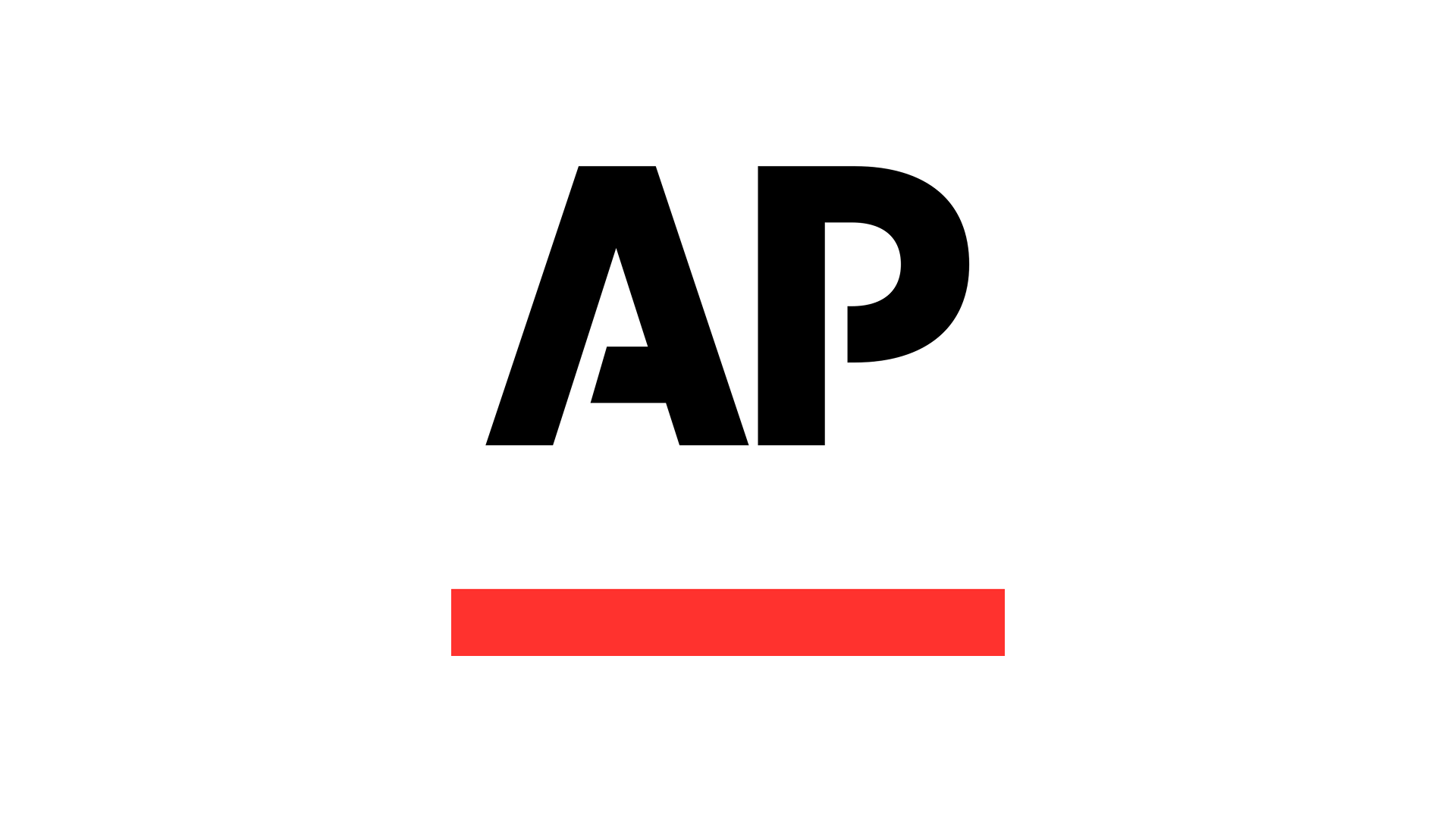Shein has ignited a new wave of controversy as it officially opens its first permanent store in Paris on March 6, 2024. The fast-fashion retailer, known for its rapid production cycles and low prices, is facing significant backlash from environmental activists and social advocates. This criticism comes not only due to its environmental impact but also because of its recent product offerings that include childlike sex dolls, raising ethical concerns in the fashion industry.
Following the store’s opening, various non-governmental organizations (NGOs) have expressed their discontent. They argue that Shein’s business model promotes unsustainable consumption patterns and contributes to global waste. In a statement, the French government indicated that it would be monitoring the situation closely, reflecting growing concerns over the environmental footprint of fast-fashion brands.
Ethical Concerns Surrounding Product Offerings
In addition to environmental issues, Shein is under scrutiny for its controversial sale of dolls that critics describe as inappropriate for children. This has fueled outrage among parents and advocacy groups who believe that such products normalize harmful perceptions. Claire Dupont, a representative from a local children’s rights organization, commented, “It is unacceptable for a brand targeting young people to engage in the sale of items that sexualize childhood.”
The backlash has not only sparked protests outside the new store but has also led to calls for boycotts from various community leaders and influencers. Social media platforms are abuzz with discussions on the implications of supporting brands like Shein that prioritize profit over ethical considerations.
Response from Shein and Industry Reactions
In response to the criticism, Shein issued a statement emphasizing its commitment to sustainability and ethical production. The company claimed to be taking steps to reduce its carbon footprint and improve transparency in its supply chain. However, many remain skeptical about the effectiveness of these measures.
The controversy surrounding Shein’s Paris store is part of a larger conversation about the fast-fashion industry and its impact on society and the environment. Experts argue that consumer awareness and activism are crucial in pushing brands toward more responsible practices.
As the opening day unfolds, it remains to be seen how Shein will navigate the backlash and whether it can shift public perception while maintaining its stronghold in the fast-fashion market. The combination of ethical concerns and environmental issues continues to challenge not only Shein but the entire fashion industry as it grapples with its role in a rapidly changing world.







